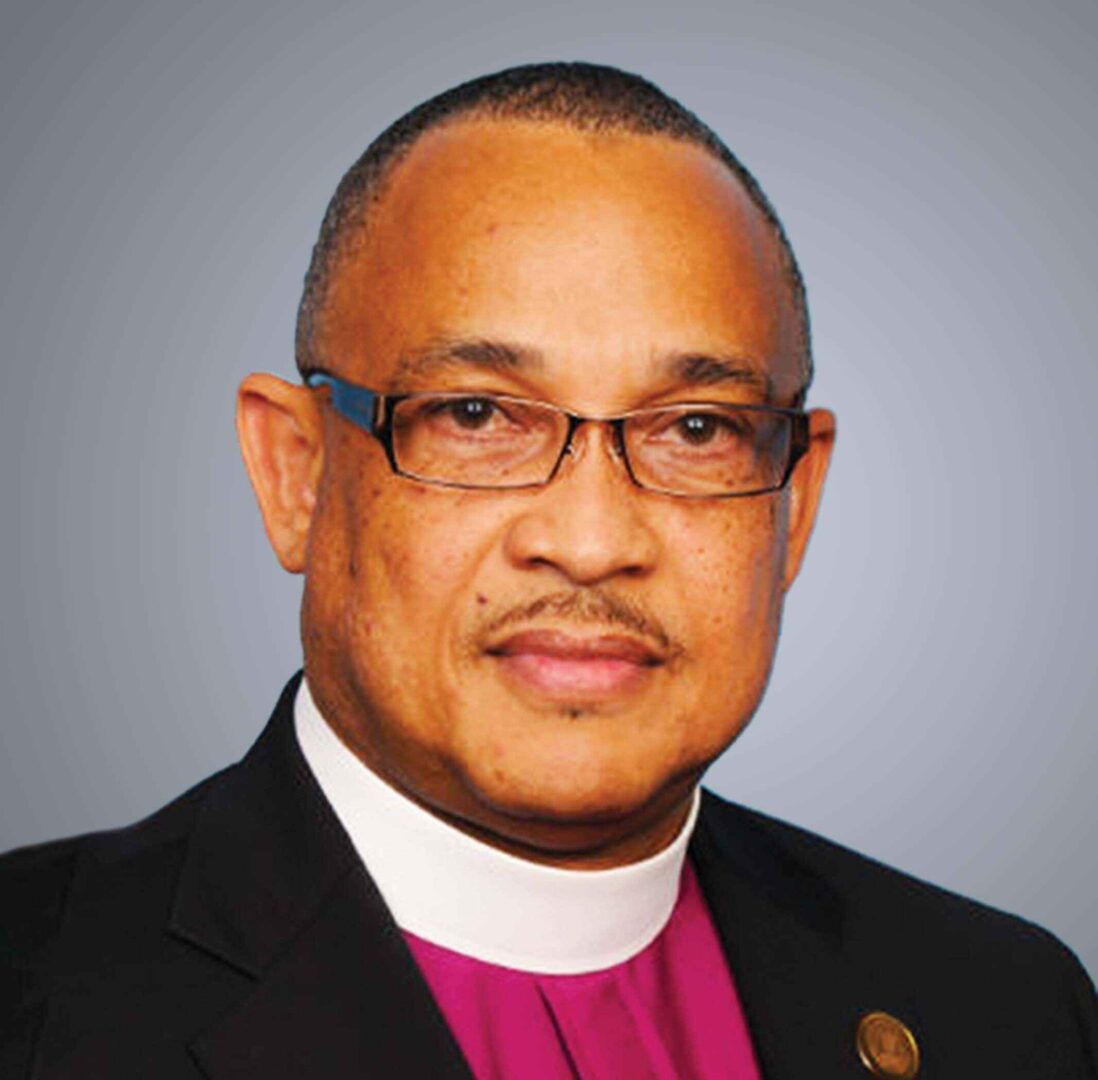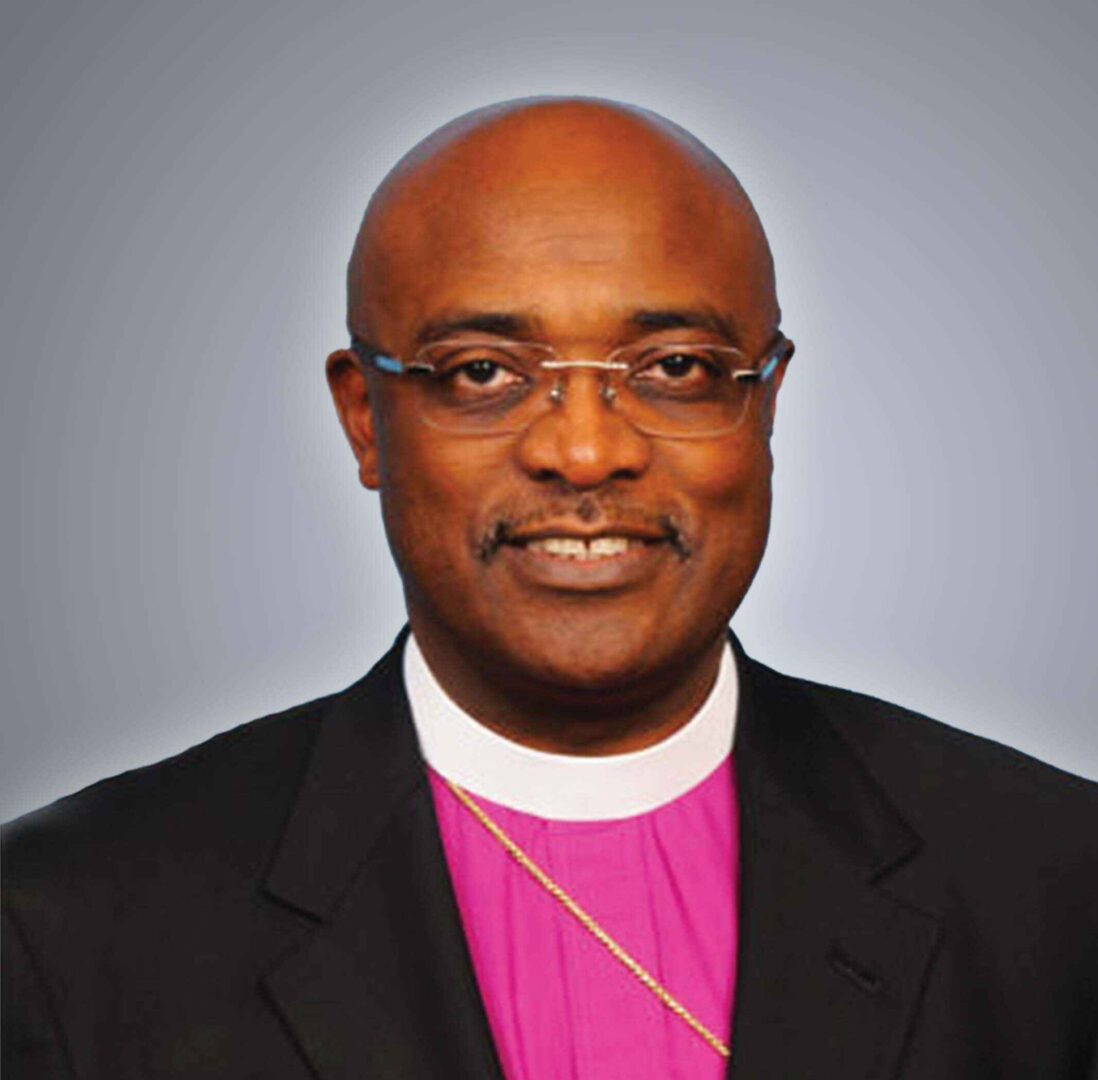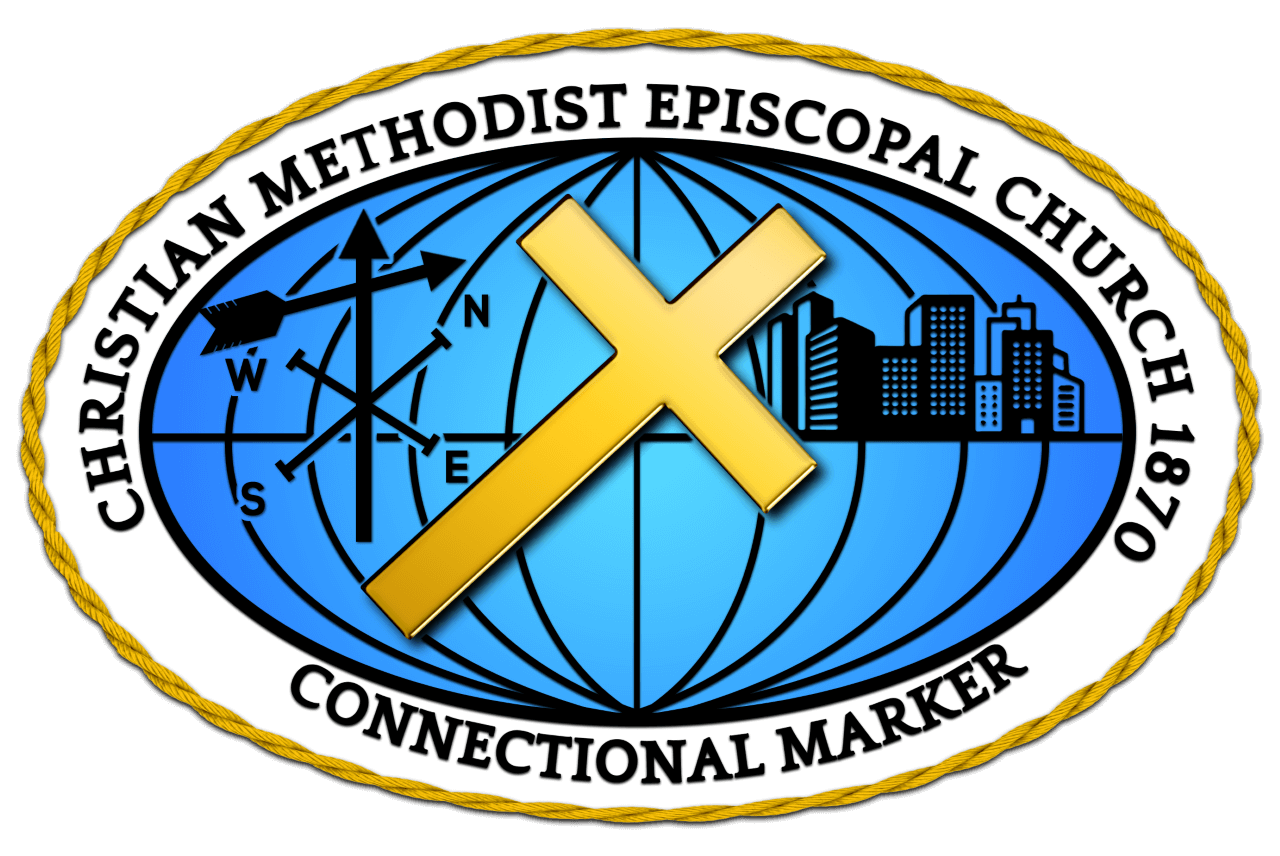
Bishop Sylvester Williams
Department Chairman

Bishop James B. Walker
Department Vice-Chairman

Dr. Victor Taylor
CFO Christian Methodist Episcopal Church
-
Mrs. CheRhonda Greenlee, Director DFI
[email protected] -
Attorney Kathryn Weathers Belger, Counsel DFI
[email protected] -
Ms. Zsa Gwen Young, HR Coordinator
[email protected] -
Mrs. Deanna Bell, Accounting Coordinator
[email protected] -
Mr. Nicholas Smith, IT & Audio Coordinator
[email protected] -
Mrs. Wanda Taylor, Executive Assistant to CFO
[email protected]
Mission & Vision
The mission of the DFI is to promulgate and advocate for best practices of financial & investment management and literacy throughout the CME Church. This mission will be emphasized at the local, district, regional, and connectional levels of the church so as to realize highly impactful and measurable positive results for both clergy and lay.
Resources
Strategic Planning Goals & Christian Stewardship
There are a total of four required classes for both Ministers and Lay Members. The required classes are labeled. Furthermore, Ministers and Lay Members may select two additional elective classes to complete the Christian Stewardship certification for a total of six classes (four required and two elective).
Church administration is the government of the church. The church administration class will provide guidance for regulations to help the Church operate to its maximum potential. Topics include understanding who is in charge of keeping the church building running, paying for those who work, and scheduling, planning events, and church services. In addition, the class will touch on Human Resources for Local Church, Accounting and tax compliance best practices.
- Church Building
- Operational Administration
- Human Resources for Local Church
- Accounting and tax compliance
Pastors oversee the operational and administrative aspects of a church. They lead strategic planning, human resources, finance, recruitment, and all functional activities to ensure alignment with and accomplishment of the church's mission and vision.
- Strategic Planning
- Operational Administration
- Human Resources for Local Church
- Accounting and tax compliance
Church economics represents the health of church financial life. It incorporates all the things we value most - members, church building/ assets, ministry, work within the community, church experiences, and the church’s legacy. This class will explore options on how to best use church finances for all the things that matter to the members. Church wealth topics include how to seek generational giving through bequests, wills, and trusts. Discover how to find matching funds, develop and maintain donor bases, seek alternative giving through appreciated securities, donor advised funding, and tax efficient giving practices. Lastly, the class will cover endowment options and leveraging compound returns.
- How to seek generational giving through bequests, wills, and trust.
- Find matching funds, develop and maintain donor bases.
- Alternative Giving & Endowment/ Compound Returns.
Class will cover how to develop budgets that support obligations (local and Connectional), contingency and savings funding, and ministry activities at the local and Annual conference level. Plus, the class will touch on understanding the Connectional budget.
- Sample budgets/ tools
- How to develop budgets
- Contingency and savings funding
- Understanding Connectional Budget
Stewardship Elective
What exactly does the Bible say about Stewardship? How to develop an all inclusive stewardship program that meets the needs of the local church.
Grants Elective
Grant class will explore how to find partners and resources from reputable, reliable, and up-to-date grant search entities to support the ministry. Lastly, the class will touch on grant writing basics, management of the awarded grants, and creation of additional 501c3 opportunities.
- Find partners and resources
- Grant writing basics
- Award management
- 501c3 development
Sponsorships Elective
Securing corporate sponsorships for nonprofits may seem like a daunting task to take on. After all, it involves doing research, appealing to companies, and following up to stay engaged. It’s understandable that some nonprofits may choose to forgo corporate sponsorships. But these partnerships can prove to be invaluable sources of not just revenue, but also a positive social image and the foundation of important relationships. The class will review relationship building, sponsorship basics, management of funds, and developing overall sponsorship strategy for mission, ministry, and/or events.
- Relationship building
- Sponsorship basics
- Management of Funds
- Sponsorship strategy
Real Estate Elective
Class will cover the need for deed compliance inclusive of trust clauses. In addition, we will examine creative use of church space for events, meetings, and community service projects.
- Deed Compliance per the Discipline
- Emergency evacuation plan/ Insurance?
- Creative space use
Economic Development Elective
Instruction on Church development plans to include interaction with local, State, and Federal partnerships. Also, we will explore how the church can assist with commercial development within the community.
- Rural
- Urban
- Finding partnership opportunities
Meetings & Events Elective
Understanding the economic impact and importance of leveraging meetings and events is critical at all levels. Learn how to estimate the economic impact of your meeting/ event, understand how to leverage meeting incentives (Rebates, Commission, Points), and learn how to develop event budgets and negotiate contracts to meet financial goals.
- Economic impact
- Leverage incentives
- Event budgets
- Contract negotiations/ Clauses
Personal Economics for Lay Members- Required
Personal economics represents the health of your financial life. It incorporates all the things you value most - your family, your home, your passions, your work, your experiences, your legacy. This class will explore options on how to best use your finances for all the things that matter to you. Personal wealth topics include debt management, estate planning, retirement planning, social security, budgeting, tax efficient giving, and crypto currency options.
- Debt Management
- Estate Planning
- Retirement Planning
- Budgeting
- Tax- Efficient Giving
Personal Economics for Ministers- Required
Personal economics represents the health of your financial life. It incorporates all the things you value most - your family, your home, your passions, your work, your experiences, your legacy. This class will explore options on how to best use your finances for all the things that matter to you. Personal wealth topics include debt management, estate planning, retirement planning, social security, budgeting, tax efficient giving, and crypto currency options specifically for clergy.
- Debt Management
- Estate Planning
- Retirement Planning
- Budgeting
- Tax-Efficient Giving
Entrepreneurship Elective
Explore entrepreneurship opportunities such as learning a new skill, authorship, trading stocks, online stores, or developing a coaching program that will assist in creating additional streams of income for personal wealth.
- Learn a new skill
- Stocks
- Authorship/ Consultant/ Coaching Programs
- Creative/ Crafts
- Speaking/ Lecture
Financial Trauma Lay Elective
Explore the effects of debt, money management, and the stress of economic insecurities.
- Stress of debt
- Family obligations
- Poverty/ Lack/ Burden as a child or adult
- Relationship with money
- Loss of loved one
- Inheriting financial issues
Financial Trauma for Ministers Elective
Explore the effects of debt, money management, and the stress of economic insecurities of the pulpit.
- Stress of debt
- Family obligations
- Poverty/ Lack/ Burden as a child or adult
- Relationship with money
- Loss of loved one
- Church obligation & Inheriting financial issues
We believe that these classes, sponsored by the Department of Finance and Investments and Phillips School of Theology will go a long way in promoting conscientious and consistent habits in Christian stewardship – for individuals and for congregations. We believe that church groups who study through this Vibrant Church Initiative will become more and more cohesive in their approach to financial stewardship.
From the Co-Owners of the Stewardship Initiatives:
- Bishop Teresa E. Snorton - Ecumenical Bishop & Grant Administrator
- Dr. Paul L. Brown, Sr., - President and Dean of The Phillips School of Theology at the ITC
- Dr. Victor Taylor, - General Secretary of The Department of Finance and Investments & CFO
Consultants and Contributors:
Mrs. CheRhonda Greenlee,
Director of The Department of Finance and Investments
Atty. Kathryn Weathers Belger, Counsel: The Department of Finance and Investments
